Search
Search Results

Definition
Kalash Culture
The Kalash people, also called Kafir (Non-believer), Black Robe and Siah Posh, live in the three sub-valleys of Kalash; Bumboret, Rumbor and Birir, in the modern-day District Chitral, Pakistan. The Kalasha are ancient tribe of Pakistan and...
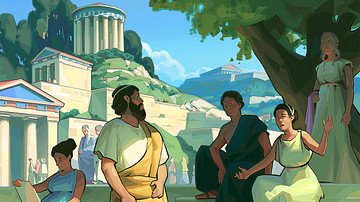
Article
Greek Mathematics
Greek mathematics, the study of numbers and their properties, patterns, structure, space, apparent change, and measurement, is said to have originated with Thales of Miletus (l. c. 585 BCE) but was clearly understood during the periods of...

Article
Mesopotamian Inventions
Mesopotamian inventions include many items taken for granted today, most of which were created during the Early Dynastic Period (2900-2334 BCE) or developed from achievements of the Uruk Period (4100-2900 BCE). The Sumerians are credited...
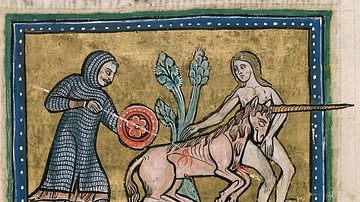
Article
The Unicorn Myth
The unicorn, a mythical creature popularized in European folklore, has captivated the human imagination for over 2,000 years. For most of that time, well into the Middle Ages, people also believed them to be real. The roots of the unicorn...
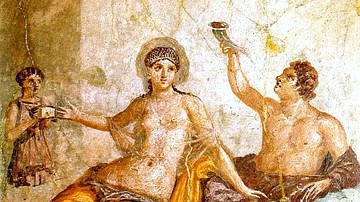
Article
The Eastern Trade Network of Ancient Rome
The life of wealthy Romans was filled with exotic luxuries such as cinnamon, myrrh, pepper, or silk acquired through long-distance international trade. Goods from the Far East arrived in Rome through two corridors – the Red Sea and the Persian...
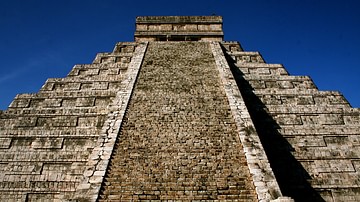
Article
The Maya Calendar and the End of the World: Why the one does not substantiate the other
The Popol Vuh recounts the story of twins who journeyed to Xibalba. For the Maya, their round of adventures serves as a metaphor for timeless, repeating cycles and for the regeneration of earth and all living things. – Gene S. Stuart, Mayanist...
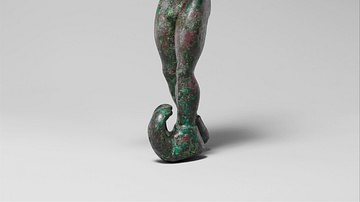
Article
Ten Ancient Elam Facts You Need to Know
Elam, located in the region of the modern-day provinces of Ilam and Khuzestan in Iran, was one of the most impressive civilizations of the ancient world. It was never a cohesive ethnic kingdom or polity but rather a federation of different...
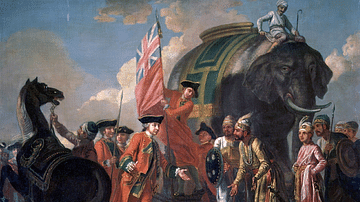
Article
Battle of Plassey
The Battle of Plassey on 23 June 1757 saw Robert Clive's East India Company army defeat a larger force of the Nawab of Bengal. Victory brought the Company new wealth and marked the beginning of its territorial expansion in the subcontinent...
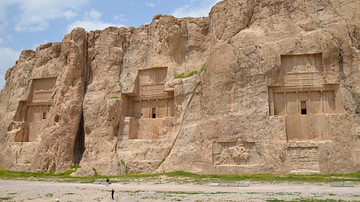
Article
Achaemenid Kings List & Commentary
The Achaemenid Empire (c. 550-330 BCE) was the first great Persian political entity in Western and Central Asia which stretched, at its peak, from Asia Minor to the Indus Valley and Mesopotamia through Egypt. It was founded by Cyrus II (the...
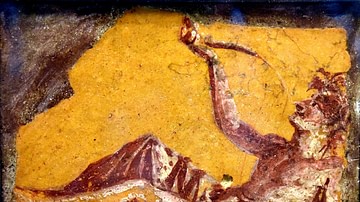
Article
Wine Culture in the Hellenistic Mediterranean
The culture of drinking wine was enjoyed throughout the Mediterranean world, and what is true now was true in antiquity, too: wine is always good business. The Hellenistic Period (c. 335-30 BCE), between Alexander the Great and Cleopatra...